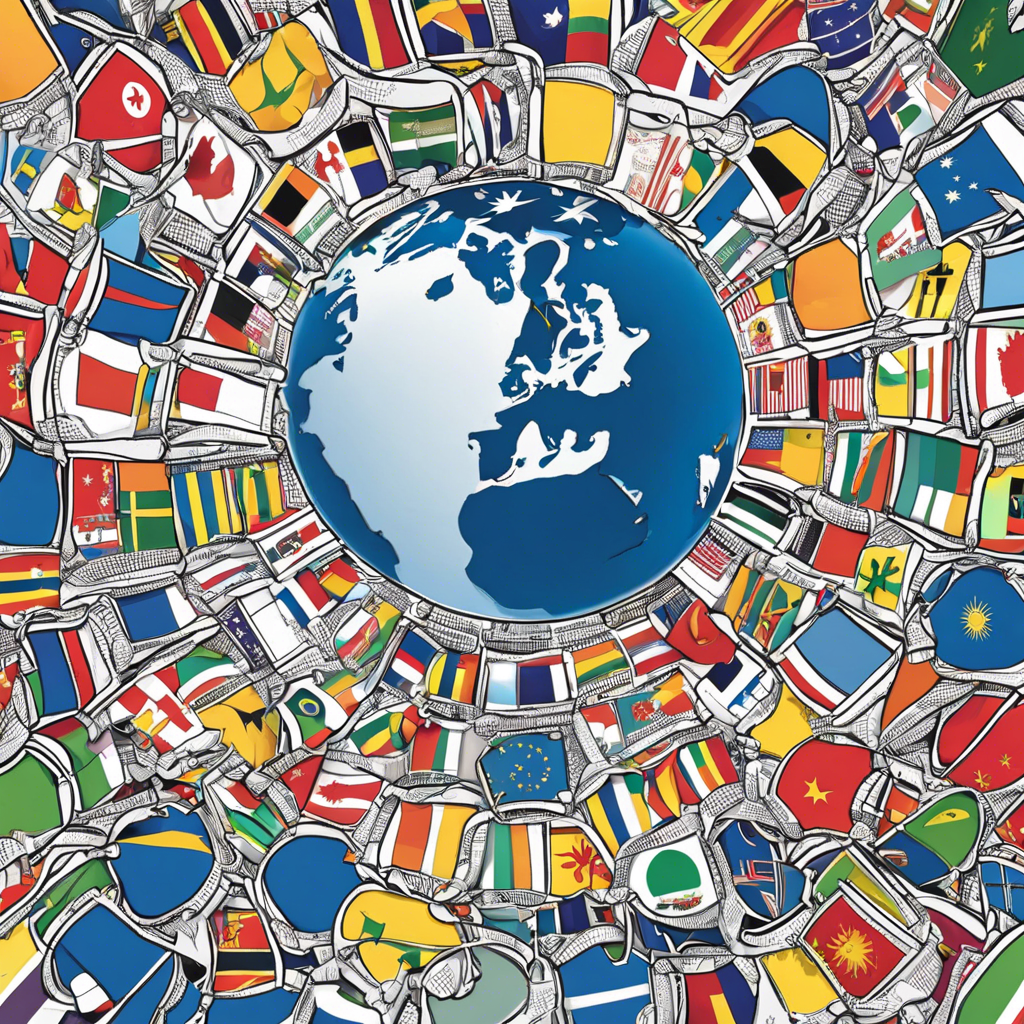The rise of social media has transformed the way news is consumed and distributed, presenting both opportunities and challenges for the media industry. Once reliant on traditional platforms such as print and broadcast, news organizations now find themselves embracing digital formats to reach broader and more diverse audiences.
Social media platforms like Twitter, Facebook, and Instagram have become integral to the modern news landscape. They provide instant and direct access to information, enabling users to stay updated on breaking news and engage with content that matters to them. This shift has empowered individuals by giving them a voice and a platform to share their stories, experiences, and perspectives directly with a wide audience. It has also fostered a sense of community, allowing people to connect with others who share similar interests or passions.
However, the flip side of this coin is the spread of misinformation and the challenge of verifying the accuracy of information shared online. With anyone able to post and share content, distinguishing between reliable and unreliable sources has become increasingly difficult. This has led to a growing emphasis on fact-checking and media literacy to help individuals discern trustworthy sources and make sense of the vast amount of information available.
News organizations have had to adapt to this changing media landscape by developing a strong online presence and adopting digital storytelling techniques. They utilize social media to engage directly with their audiences, encourage interactions, and gain insights into the interests and behaviors of their readers or viewers. This allows them to create more personalized and targeted content, increasing user engagement and loyalty.
Yet, the relationship between news and social media is complex. While social media platforms can drive traffic to news sites, they also compete for advertising revenue and user attention. This dynamic has led to debates around content moderation, algorithm transparency, and the ethical responsibilities of both the news media and social media companies.
Amid these challenges, collaboration between the news media and social media platforms has emerged as a potential solution. Initiatives such as Facebook’s Journalism Project and Google’s News Initiative aim to support quality journalism and develop sustainable business models. These efforts recognize the importance of a robust news industry in fostering an informed society and addressing the challenges posed by misinformation.
Ultimately, the role of social media in modern news is a double-edged sword. It offers unprecedented opportunities for engagement, accessibility, and diversity of voices but also presents challenges that require collaborative solutions. As social media continues to evolve, so too will the news industry, adapting to meet the changing needs and expectations of its audiences.
The impact of social media on the news industry is undeniable, and as we move forward, it is essential to recognize the power and responsibility that comes with this new digital landscape. It is crucial for both the news media and social media platforms to work together to promote accurate and reliable information while fostering a healthy environment for journalism to thrive.



